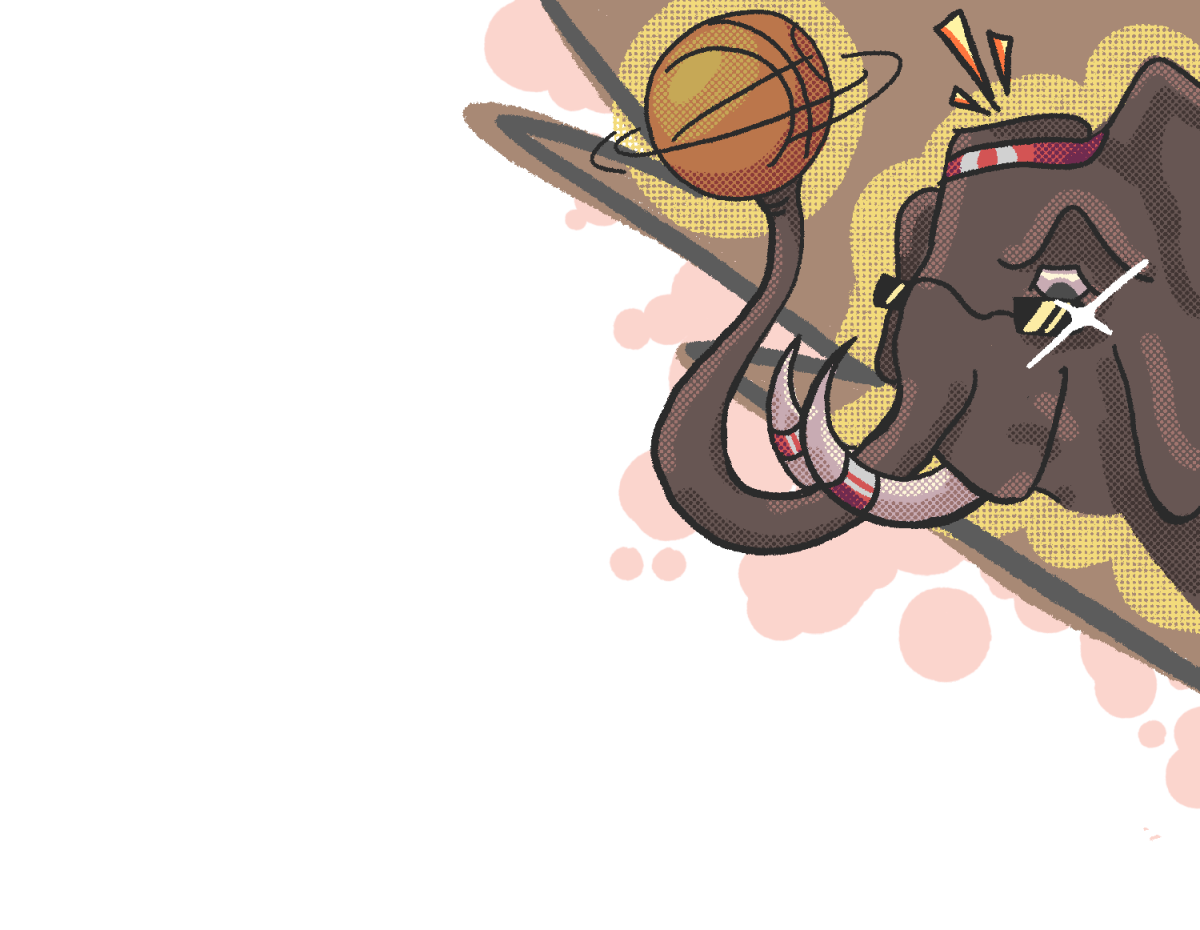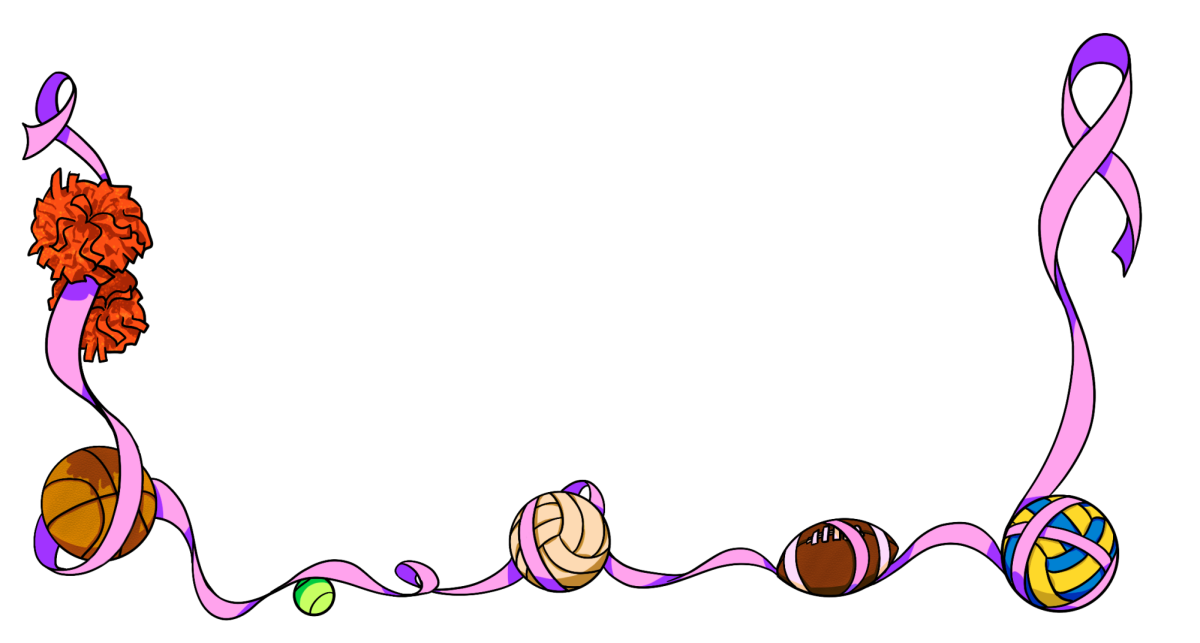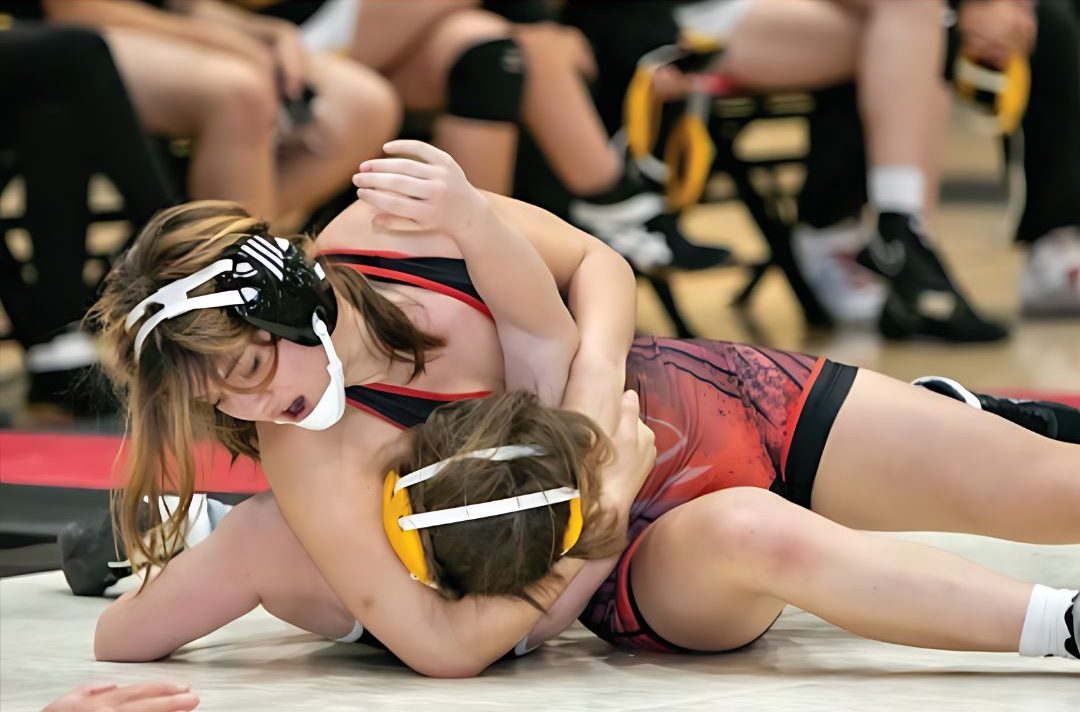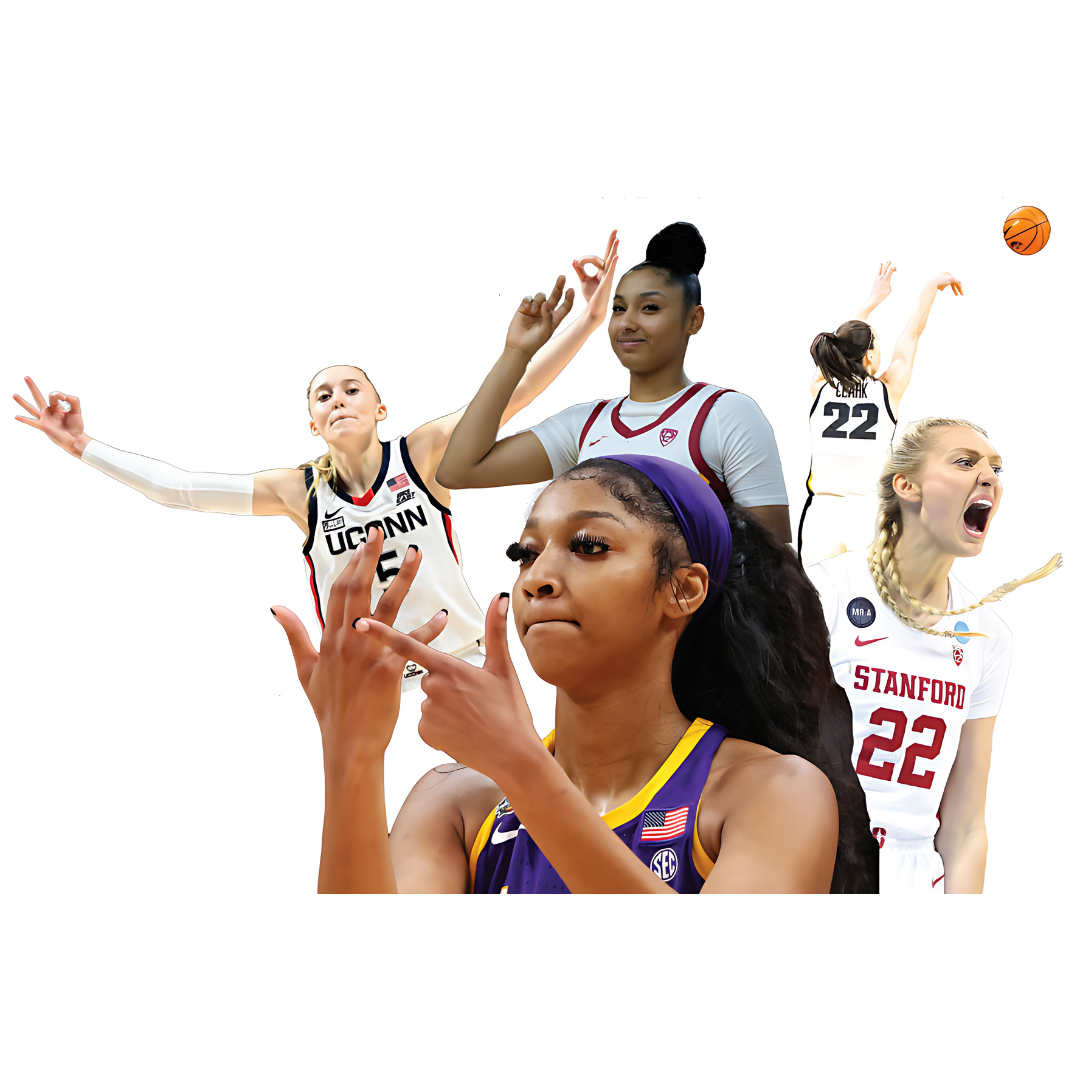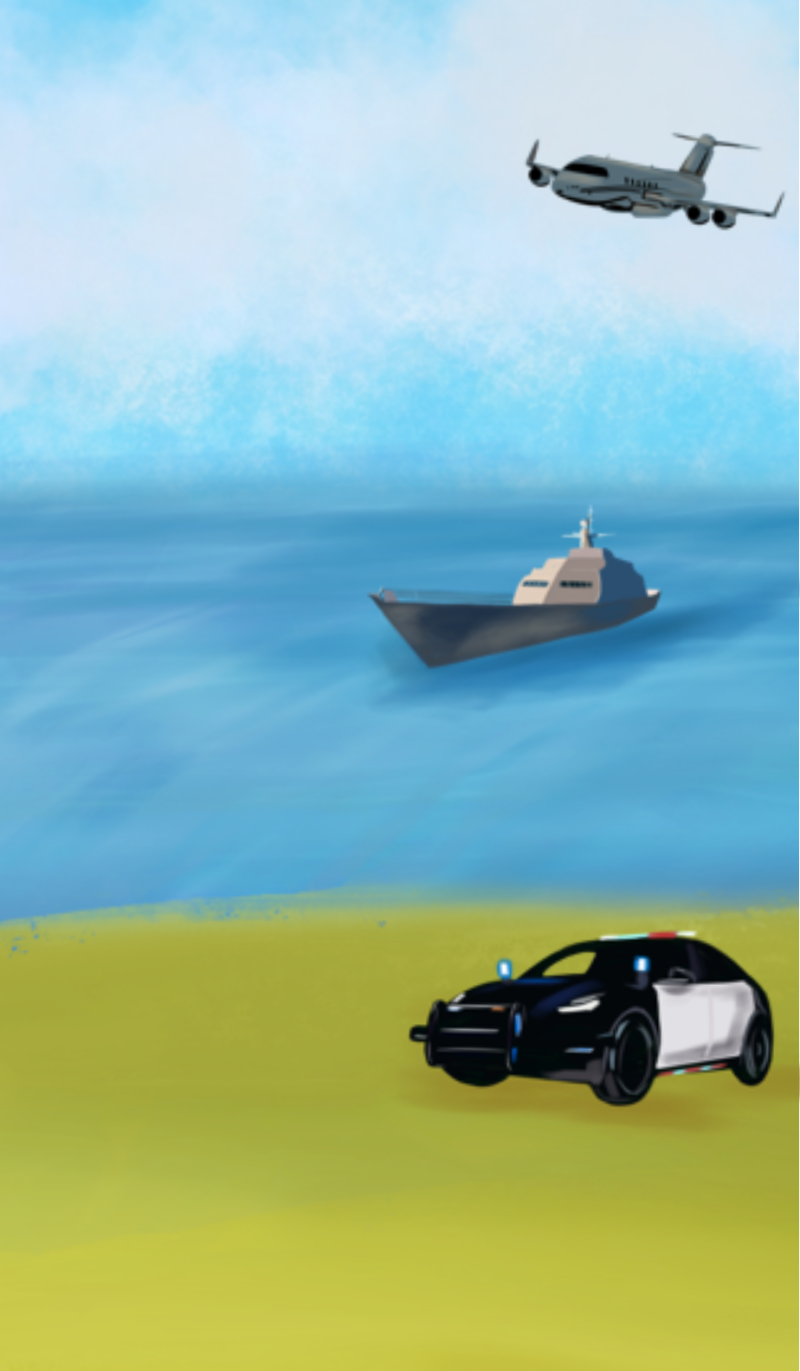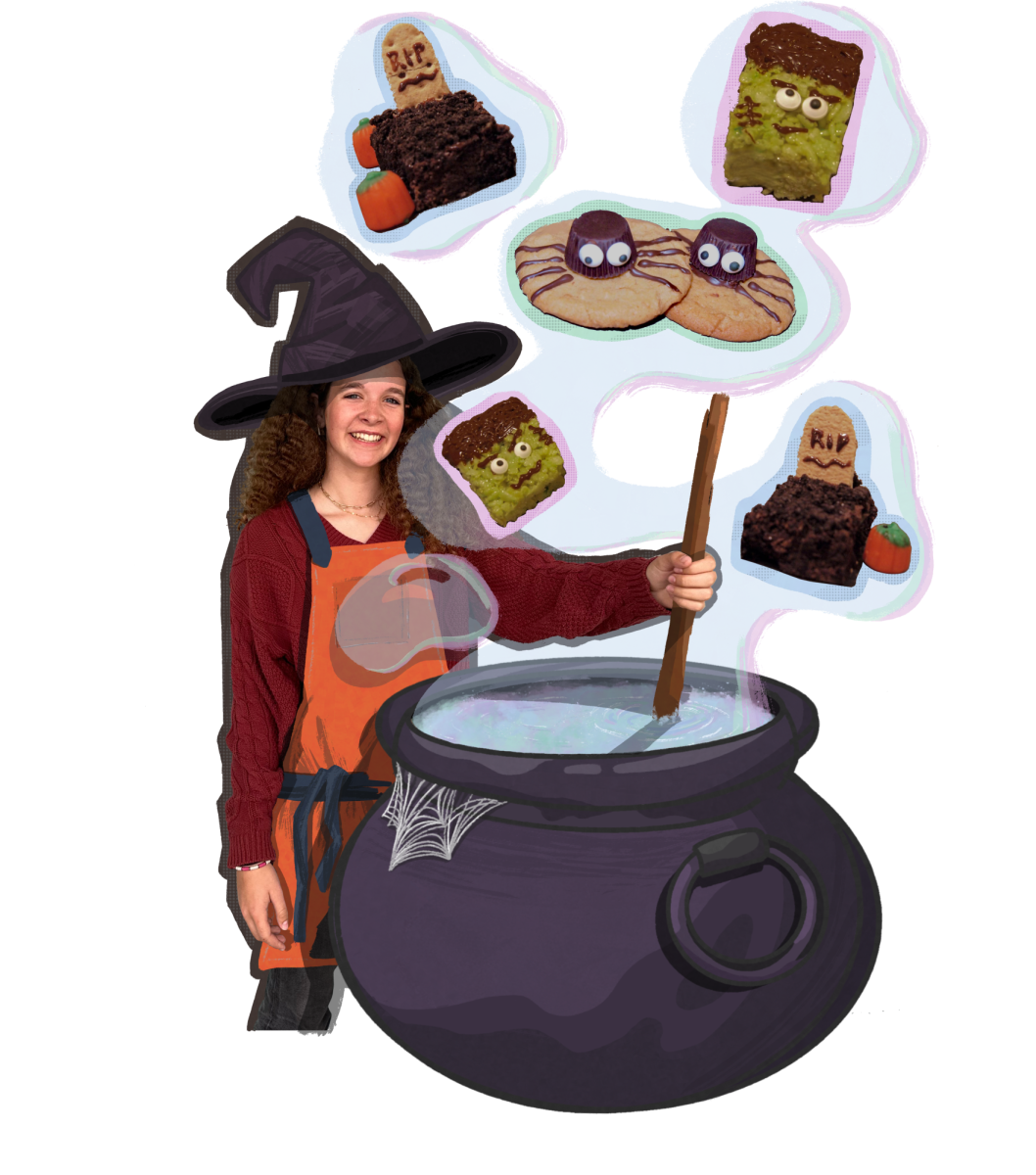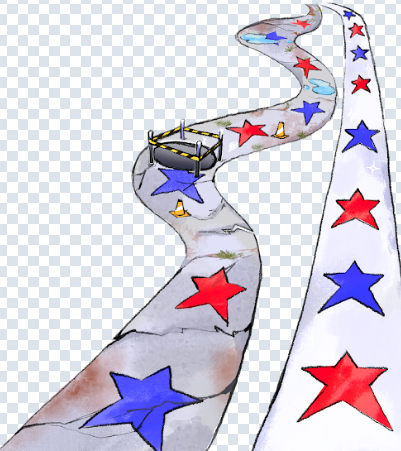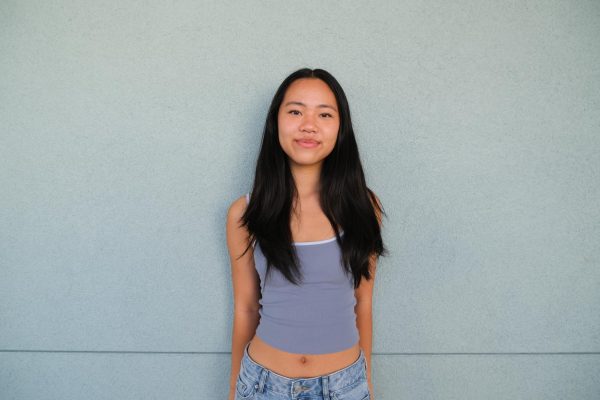When sophomore Olivia Zhu first began to compete in artistic swimming, her aunt gave her a keychain to distinguish her bag from her teammates’. This keychain, however, has become much more than a name tag for Zhu — it serves as a marker of hope and success as she transfers it from bag to bag when traveling to artistic-swimming competitions around the world. Most recently, this keychain has accompanied Zhu to Athens, Greece, for the World Aquatics Youth Artistic Swimming Championships, where she competed as a part of the U.S. national team from Aug. 30 to Sept. 3.
Zhu did not immediately fall in love with artistic swimming. She began her journey with the Santa Clara Aquamaids when she was 7 years old, after her mom signed her up to keep her occupied for a week of summer break. “I really hated it at first because it was really cold in the pool,” she said. “But, because I was a weird kid, I was like, ‘This is kind of interesting. I’m gonna do this.’”
After she officially joined the team, she began to appreciate the sport for its artistry and variety of events. From the start, it was clear she was ahead of the game, given her prior experience in ballet, ice skating, gymnastics and competitive swimming. “Once I transferred over to artistic swimming completely, having that gymnastics and ballet background helped me get noticed by the coaches,” she said.
Zhu has since put in years of hard work to perform well in the U.S. Youth National Championships, securing her an opportunity to attend the national-team tryouts. After placing in the top five in the first phase and top 10 in the second, she became one of the 12 artistic swimmers to represent the U.S. during the world championships. There, she competed in two of the team’s six routines: free team and combo.
Prior to their performance, the team practiced together, choreographing and cleaning up its routines. The teammates stayed in Las Vegas, Nevada, for seven weeks in preparation for the competition, which Zhu believes helped them develop team camaraderie and refine their artistic-swimming skills. “Over the summer, we trained every day for around eight hours,” she said. “It was pretty tough. But living in the same house was team-building.”
However, her preparation time in Las Vegas was not all sunshine and rainbows: On the second day of training, while practicing a lift with two other team members, Zhu’s knee popped out and was almost dislocated, preventing her from participating for a week. “Before, I kind of assumed I would have a set spot on the team because I was there last year,” she said. “But then, I started stressing out because everyone else was going through these eight-hour days and improving so fast, and I was just sitting there on deck like an idiot with my knee taped and my leg elevated.”
with my knee taped and my leg elevated.” Zhu was fortunately able to recover in time to learn the routines and take part in the competition, which consisted of two rounds of judging. World Aquatics implemented major changes in the artistic swimming scoring system beginning with the international competitions this season. The uncertainty around how the team would be judged added a layer of stress during preliminaries. “Because the way (the judges) control and decide things change (at every competition), a day before we were supposed to compete, we found out one of the skills we’ve been training for was not at the right angle,” Zhu said. “We had to change it right before, so (preliminaries were) pretty nerve wracking.”
Ultimately, the U.S. team performed well at the artistic-swimming world championships, medaling in all but one event. “We did the best we could in the two months that we had,” Zhu said. “If we had longer, we could have definitely done better, but I feel like we did a good job.”
Zhu found this experience to be formative not only for her artistic-swimming skills, but also her motivation to strive for the best. “(It’s nice to) have teammates around me who are working hard,” she said. “We’re all technically competing against each other to get that spot on the national team or get a spot in the duet. Everyone’s trying hard, and it’s a group mentality for you to keep on working.”



